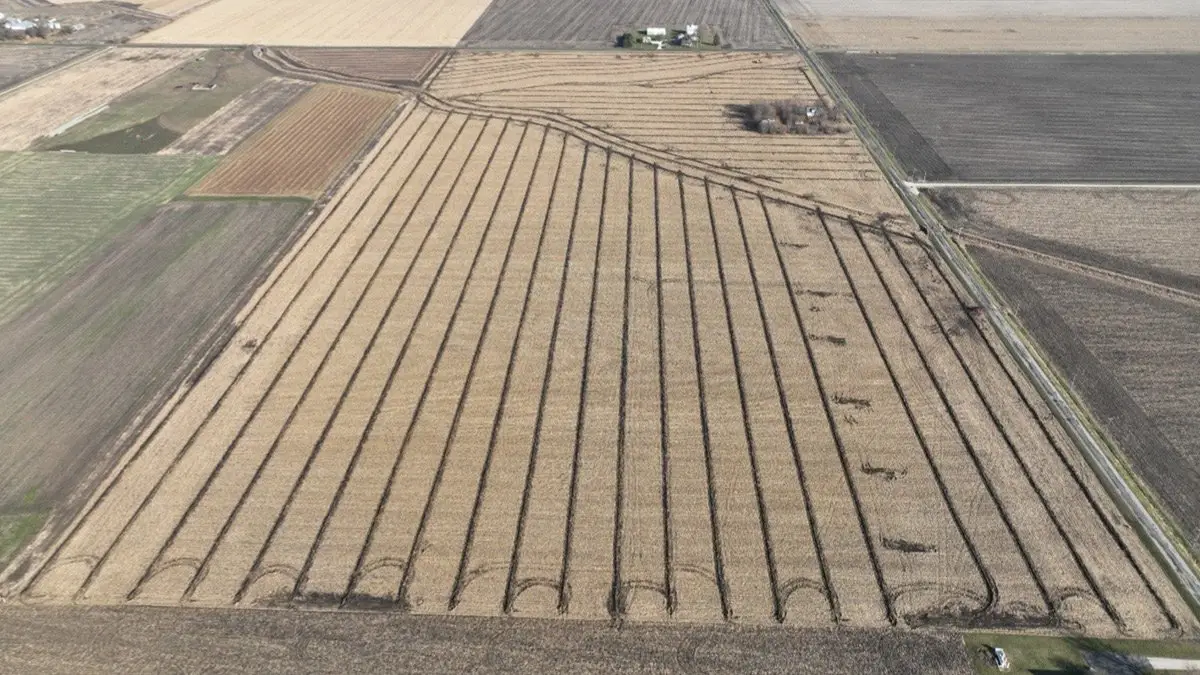
We have worked with many agricultural landowners who are reluctant to sell long-held farms due to potentially massive capital gains taxes that may be incurred. Because many of these farms have been held by the same family for multiple generations, the seller’s basis in the land can be a small fraction of its current value, resulting in huge gains at the sale. Several options exist, however, that may be available to sellers for planning how to manage the tax burden in these situations.
This article serves only to give a high-level overview of some options that may exist and it does not intend to serve as tax or investment advice. Consult with your accountant, attorney, or other experts qualified in these matters.
1031 Exchanges
Probably the best-known method for deferring capital gains from a real estate sale is the 1031 exchange. Named after the section in which it is found in the U.S. Internal Revenue Code (IRC), it is also known as a “like-kind exchange.” A 1031 exchange allows a seller to sell an investment property and defer capital gains taxes as long as the sale proceeds are invested in a replacement property.
While the benefit of deferring capital gains taxes indefinitely is appealing, there are several regulations that apply to 1031 exchanges that limit their flexibility. There are defined timeframes during which sellers must both identify potential exchange properties and complete the purchase of an identified property. This means that the successful completion of a 1031 exchange is limited by what properties are available for purchase at the time of the seller’s sale. In markets where agricultural properties are tightly held, we have seen some farm sellers unable to complete 1031 exchanges because they either cannot identify any suitable farmland to purchase or they do not want to switch to owning commercial real estate like triple-net retail or apartments.
It is important to note that a 1031 exchange does not eliminate taxes, but defers them to a future time.
Delaware Statutory Trusts
Delaware Statutory Trusts (DST) have existed for many years as a method for investing in real estate; however, DSTs have just recently become an option for agricultural investors. In fact, a partner of Peoples Company, DST Farms, has pioneered this investment vehicle in the agricultural sector.
DST investments provide investors with an opportunity to defer taxes, own high-quality farmland assets that are professionally managed, generate annual income, and benefit from appreciation. A major benefit is that investors can use 1031 exchange funds to purchase shares in a DST. This allows investors to purchase a position in an agricultural asset without any direct management or ownership burden.
This is an exciting option for sellers who wish to keep their investment dollars in agricultural properties, though the main limitation is currently that agricultural properties represent a very small but increasing fraction of this $3 billion DST landscape, so purchase options may be limited. Also, care must be exercised when evaluating DSTs, as manager’s fees can vary, potentially impacting returns.
Monetized Installment Sale
Covered by U.S. Internal Revenue Code Section 453, a Monetized Installment Sale (MIS) is a method that sellers can use to defer capital gains taxes over a period of two to 30 years while receiving cash via a loan taken against the sale’s proceeds. This prevents a seller from receiving any sale dollars at the time of the sale; therefore, they do not pay taxes at that time. There are several moving parts to these transactions and they can appear complicated at first blush. As such, it is essential to work with a qualified professional who has experience successfully navigating these transactions for a fee. MIS transactions are relatively rare compared to 1031 exchanges, but they may be an option for a seller who wishes to defer taxes but prefers liquidity versus reinvesting in another asset or direct investment.
Conclusion
More options exist for farmland sellers to potentially defer capital gains taxes at the time of sale than many people may realize. This article serves to only highlight some options that could be of most interest to sellers. If completed successfully, none of these options will eliminate any tax burden – they simply defer taxes in various ways.
Depending upon sellers’ specific circumstances, the methods discussed here could offer some financial benefits, but all of these methods also have clear drawbacks as well. The bottom line is that it is critical for sellers to consult with tax, investment, and other professionals to assess which strategy could be a viable option and to determine if such options are worth the cost and effort to pursue versus simply paying capital gains taxes.








